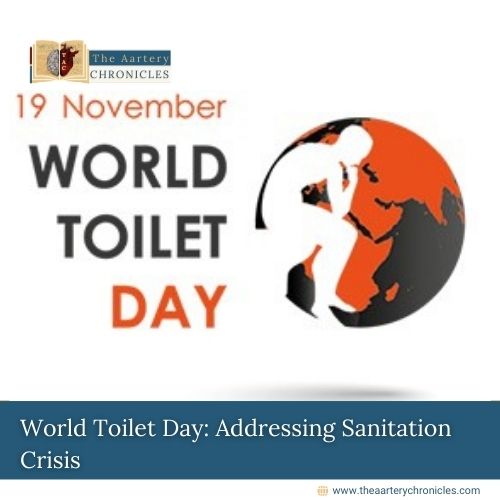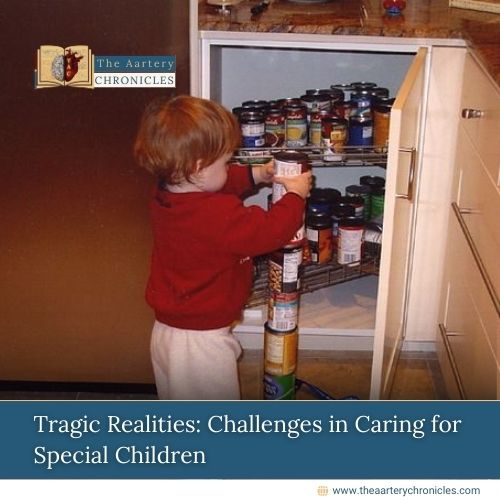

World Toilet Day: Addressing Sanitation Crisis
Overview
World Toilet Day is celebrated on 19 November every year. It is an official international observance day of the United Nations (UN) for managing the global sanitization crisis. It is about making us aware that all human beings have the right to clean accessible sanitation.
The theme for this year 2024 is “Toilets – A Place for Peace/ Water for Peace”. The symbol is the Hummingbird and this day denotes that everyone can act towards solving the sanitation crisis. This year’s theme is aimed at the following objectives:
- Provide accessible sanitation and water services to everyone
- Provide effective sanitation and water services to everyone
Sanitation is a human right that every individual must have which entails access to a clean, hygienic, secure, and private system with proper sanitation to dispose of the waste. Unclean and unhygienic toilet systems lead to the spread of pollution and diseases. Girls and women face a shortage of clean toilets which leads them to defecate in the open, which has no water/washing facilities, thereby making them susceptible to abuse, attack, and ill-health impairing their lives and dignity.
UN-Water is the UN’s agency, that coordinates water and sanitation and is the official convener of World Toilet Day each year. The World Toilet Day campaign is promoted on social media with the hashtag #WorldToiletDay by UN-Water.
Jack Sim, a philanthropist from Singapore, was the founder of an NGO World Toilet Organization and declared 19 November 2001 as World Toilet Day. The UN General Assembly officially declared World Toilet Day as an official UN day in the year 2013.
Importance of Toilets
Toilets that are hygienic, clean, and have proper water and sanitation facilities are a must for every individual, irrespective of their background or social status. Sanitation systems that do not dispose of the excreta effectively lead to the spread of soil-transmitted diseases / waterborne diseases like cholera, diarrhea, typhoid, dysentery, and schistosomiasis.
Toilets are a personal matter and should be done in safe and private closed areas. It is indeed surprising that with the advent of technology and AI etc., there is a dearth of toilets in the world, where about 673 million people defecate in public! This is a cause of great alarm. Women and girls tend to use these areas in the dark, thereby making them accessible to attacks, and their safety is compromised.
To prevent the spread of diseases and provide safety and dignity, the construction of toilets with proper sanitation systems is imperative.
India has a rural population that has a shortage of toilets, as most of the population is unaware and uneducated about the importance of toilets. Plus, they do not have the finances to construct toilets in their homes.
In the urban areas, the plight of the public toilets is not commendable too. The stench is deplorable as often there is no water to flush. There are broken latches on the doors which is a safety hazard. The unclean toilets lead to UTIs among the girls/women.
Educating people about personal hygiene is of utmost importance. Only then will they understand the importance of toilets and health.
“It is about taking action to tackle the global sanitation crisis and achieve Sustainable Development Goal 6: water and sanitation for all by 2030” – as stated by the United Nations (UN).
There are online and offline events to promote this day held by individuals, organizations, governments, companies, and schools.
Cleanliness is next to godliness – we all have been brought up on this adage. Let us promote the benefits of clean and hygienic toilets. Let us spread awareness among those who are deprived of this basic need. Let us make the Government aware of the dearth of clean toilets. Let us make the Government observe that more toilets are required, given the rise in population. Let us educate the subject of hand–washing and personal cleanliness in school curriculums. Let us work with organizations to increase awareness of hygiene and toilets. Let this be a part of their CSR activities. Many workers live in shanties/huts, without access to basic sanitation facilities. Let these organizations build toilets for these workers. Let the Government set up portable toilets in bus stands, railway stations, parks, and other common public areas which are cleaned daily. Let us not shudder at the thought of going to the restroom in restaurants/hotels, some of which need regular maintenance and cleanliness. Open common areas are not toilets, let us reclaim these common areas and use them for recreation parks, gardens, etc., and not for open defecation in public!
Health is a basic that we need to focus on. Every year many unborn children lose their lives as their mothers contract diarrhea and diseases caused due to lack of proper sanitation facilities. So let us prevent the loss of further lives. Let us spread the word and make our toilets stink-free, clean, and hygienic. Let us encourage the children to promote the necessity of clean and hygienic toilets by way of banners, posters, etc. Let us imbibe these basic qualities in the young ones so that they grow up in a hygienic world









